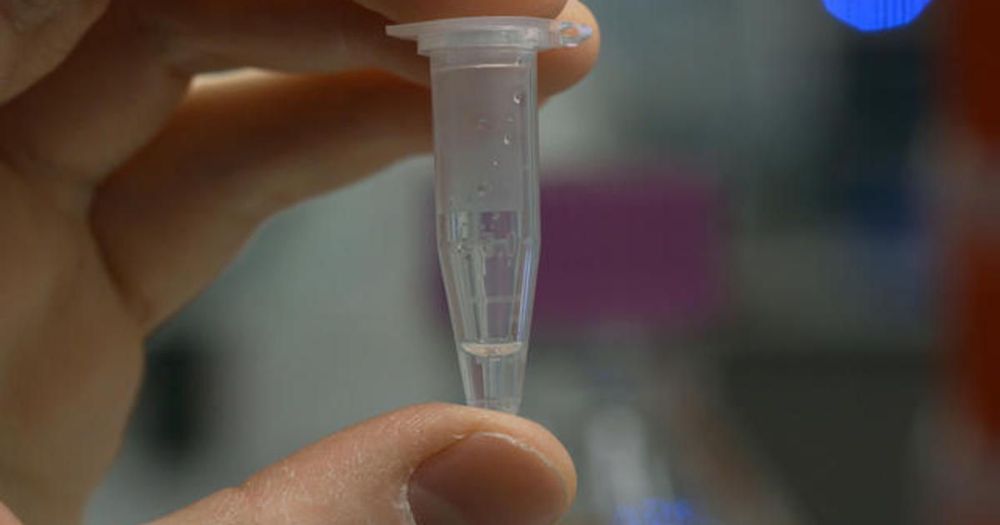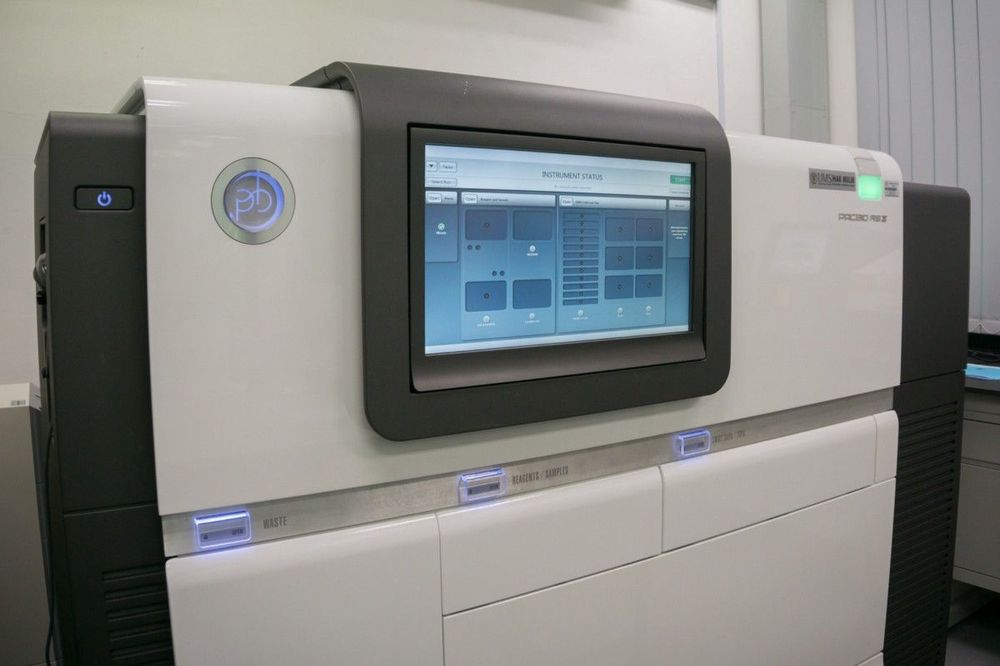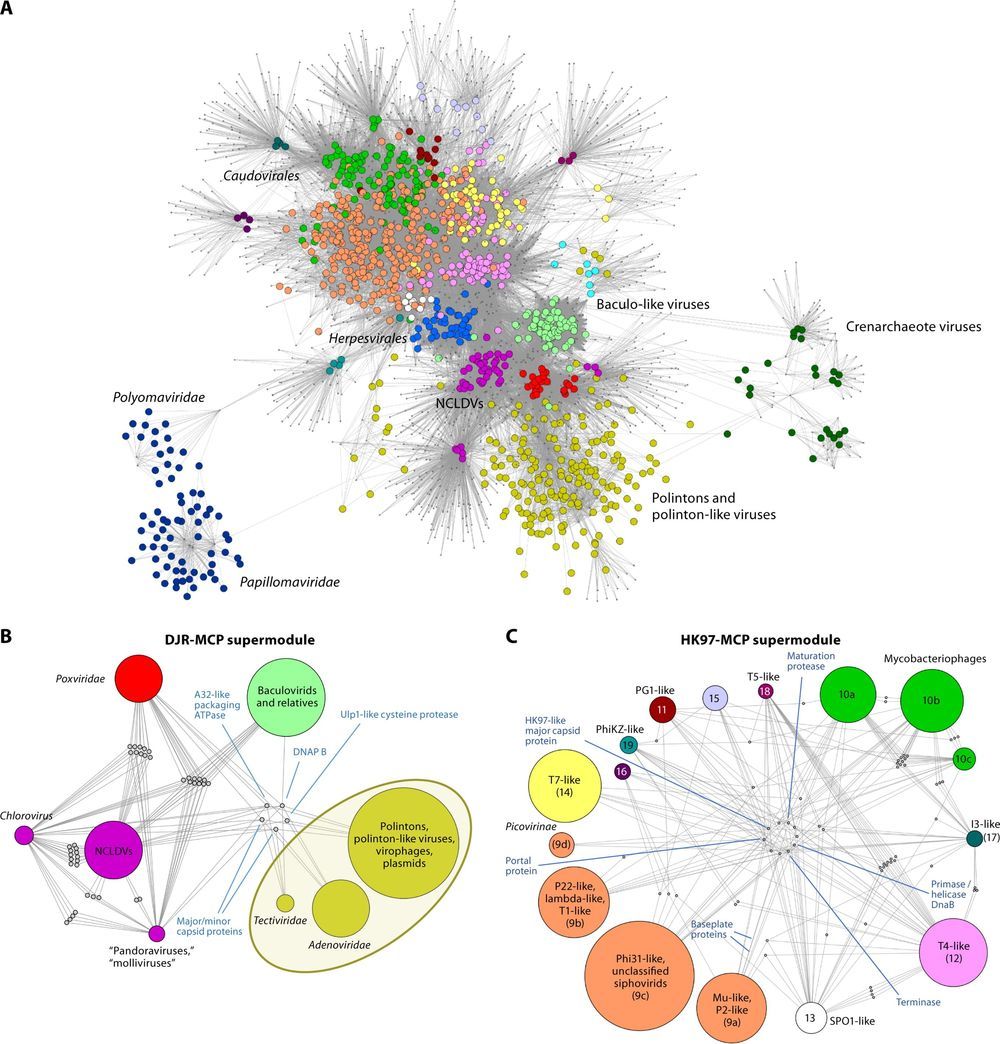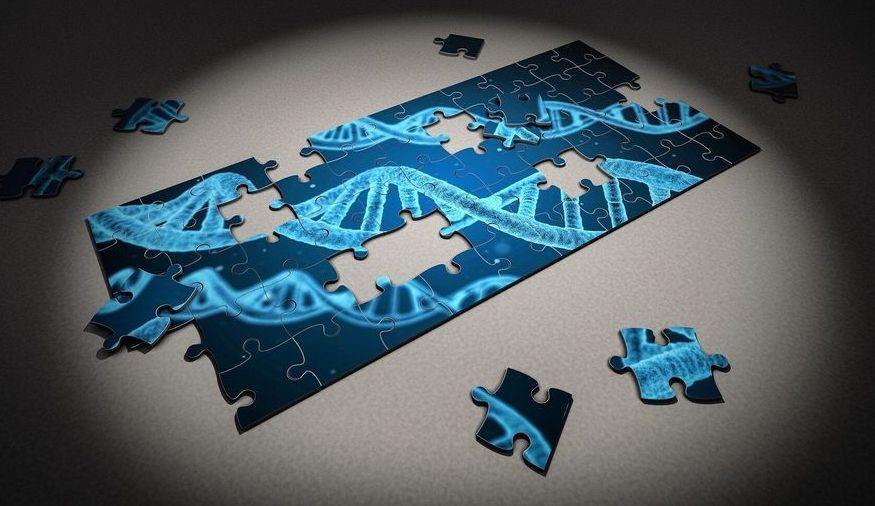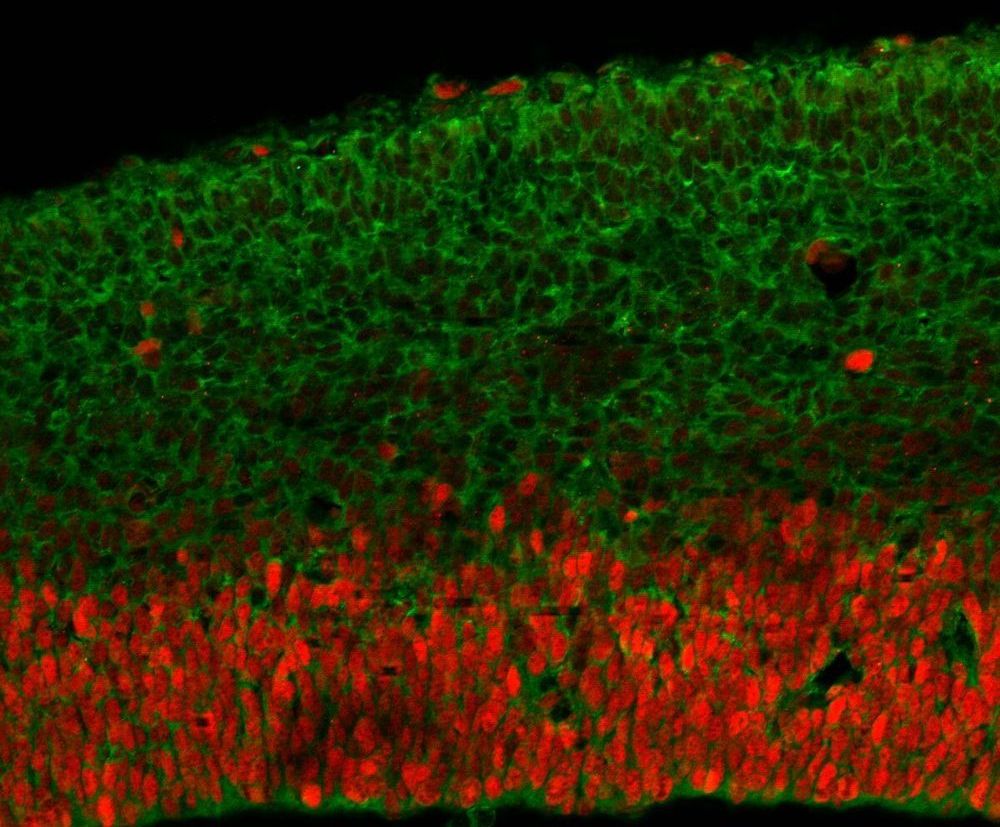My editorial from today’s (3/18/19) Financial Times:
Far sooner than most people realise, the genetics revolution will transform the world within and around us. Although we think about genetic technologies primarily in the context of healthcare, these tools are set to change the way we make babies, the nature of the babies we make and, ultimately, our evolutionary trajectory as a species — and we are not remotely ready for what’s coming. Yet we must be, to optimise the benefits and minimise the potential harms of genetic technologies.
Scientists are now able to manipulate biology to a previously unimaginable degree. In the past year, we’ve seen two female mice having their own babies, dramatic increases in the precision of gene-editing tools, and the birth in China of the first gene-edited humans. As this science advances exponentially, however, the regulations guiding how it should best be used are struggling to keep up. If the applications race forward without appropriate guard rails, the danger increases that more scientists like He Jiankui, the Chinese biophysicist who genetically altered two girls, will put people’s health at risk. But if the regulations are hastily written before the issues are clear, are too strong or are not flexible enough, many people who would otherwise have benefited from applied genetic technologies will be condemned to unnecessary suffering or even death.

